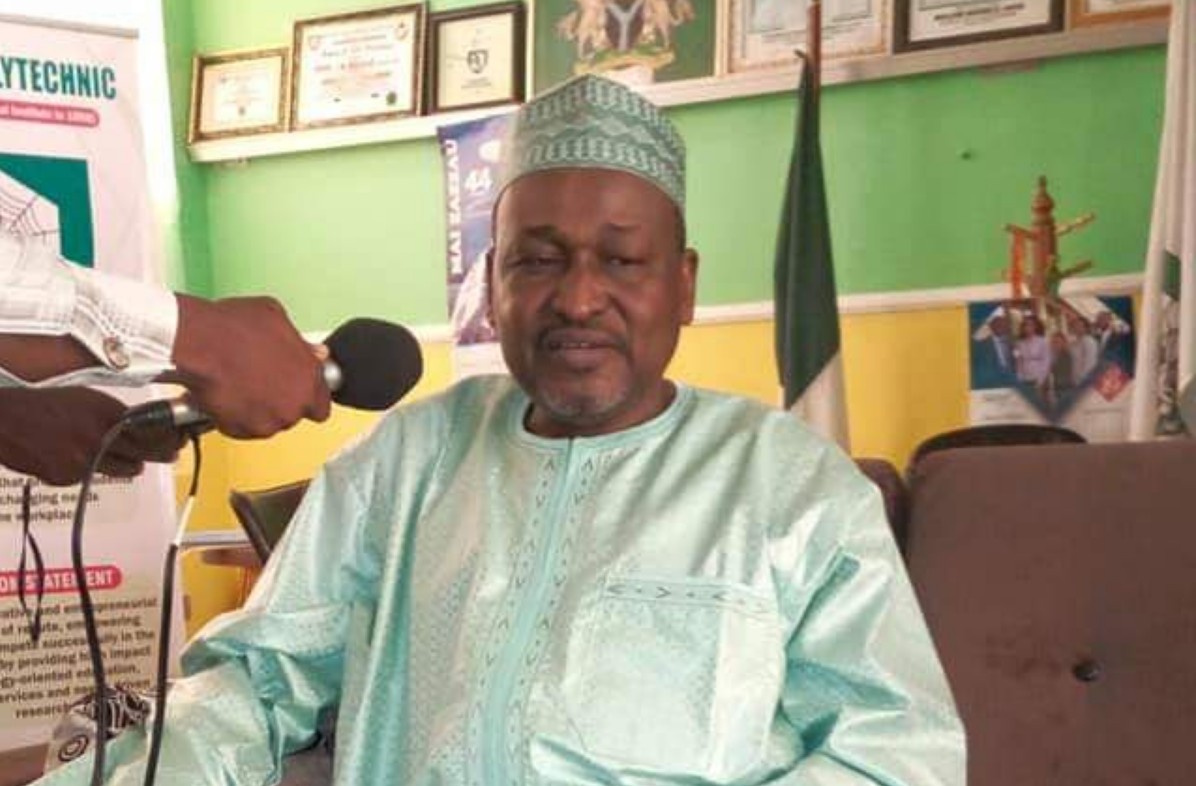Nigeria needs vocational skill policy to tackle unemployment’
The Rector of Kaduna Polytechnic, Prof. Idris Bugaje, has called for a government policy that would make it compulsory for youths to acquire at least one vocational skill set in addition to their formal education. He said: “It is only when Nigerian youths acquire a vocational skill set as part of their university, polytechnic or […]

The Rector of Kaduna Polytechnic, Prof. Idris Bugaje
The Rector of Kaduna Polytechnic, Prof. Idris Bugaje, has called for a government policy that would make it compulsory for youths to acquire at least one vocational skill set in addition to their formal education.
He said: “It is only when Nigerian youths acquire a vocational skill set as part of their university, polytechnic or NCE programme that they will be self-employed and create employment for others in the absence of their preferred choice jobs, thereby addressing unemployment and the insecurity ravaging parts of the country.”
Speaking at the centenary anniversary of the Technical Vocational Education and Training (TVET) in Nigeria, Northern School of Survey, Kaduna, Prof. Bugaje said instead of converting polytechnics to universities, Nigeria needs to do the opposite to provide the required skill sets for the youths to make employment accessible to them and make them employable.
“Everybody should acquire a skill set, whether you are in the university or polytechnic, there are over 100 skill sets in tiling, carpentry, welding, bricklaying, plumbing etc.”
“We have young people in Nigeria who are not employed and are unemployable. Nigeria needs to bring back skill acquisition; we need to encourage skill acquisition training in the polytechnics,” he stated.
A former rector, Prof. Ahmed Tijani Abdullahi, in a paper titled ‘Technical Vocational Education and Training in Nigeria: Past, Present and Possible Reform Strategy’, said Nigeria would apply geographic information maps to address insecurity in the country.
“There is a modern system of monitoring movement within the country if we utilize that we will be addressing insecurity in the country to a large extent,” Prof. Ahmed said.
